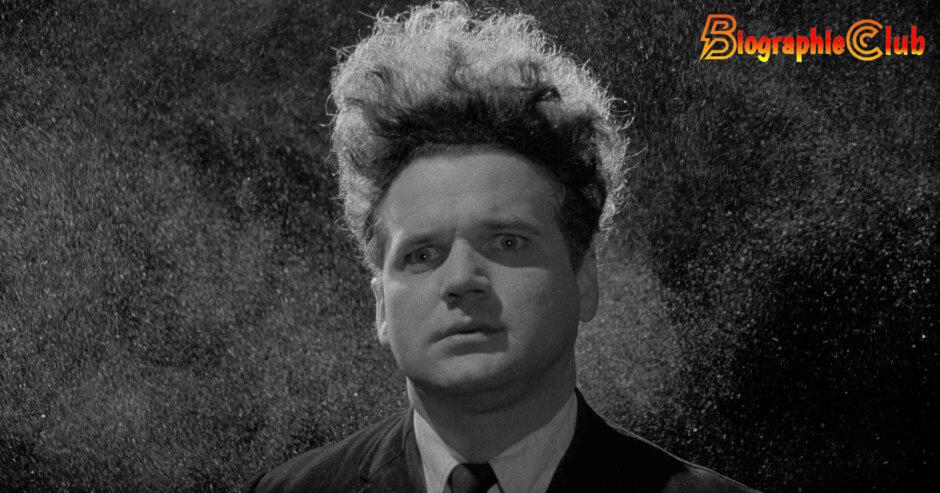On January 16, 2024, the world lost a brilliant creative mind as acclaimed filmmaker David Lynch passed away at the age of 78. Known for his surreal and thought-provoking films, Lynch captivated audiences with his unique style, blending the bizarre with the beautiful. One of his most famous works, *Eraserhead*, released in 1977, is often seen as the cornerstone of his artistic vision, making his passing a moment to reflect on his significant contributions to cinema.
David Lynch’s Artistic Journey
Born in 1946, David Lynch had an adventurous spirit right from childhood, which later flourished during his time at the American Film Institute in Los Angeles. It was here that he created *Eraserhead*, a project that would not only define his career but also become a cult classic over time. The film, filled with strange imagery and dreamlike sequences, explored themes of fear, fatherhood, and the bizarre nature of life. This unique storytelling captivated audiences and left a lasting impact on the film industry.
Legacy of *Eraserhead*
*Eraserhead* significantly changed the landscape of independent cinema with its striking visuals and haunting sound design. Lynch once remarked that the film represented his most spiritual work, suggesting a depth of meaning that goes beyond traditional storytelling. In interviews, he encouraged viewers to discover their own interpretations, showcasing the personal connection that art can foster. Lynch’s mysterious refusal to explain the film’s intricacies only heightened its allure, urging audiences to engage more deeply.
Lynch’s Influence on Modern Filmmakers
Throughout his career, Lynch’s films inspired countless directors and writers who admired his distinct style. From *Mulholland Drive*—often hailed as one of the greatest films of all time—to the eerie yet captivating series *Twin Peaks*, his stories pushed the boundaries of conventional filmmaking. His ability to intertwine fantasy and reality has left a profound mark, influencing a new generation of filmmakers to embrace the unconventional. Lynch’s creative courage emboldened many to venture into areas of storytelling previously deemed too strange or challenging.
A Ranking of Lynch’s Iconic Works
Recently, *Radio Times* published a list ranking Lynch’s films, giving *Mulholland Drive* the top spot, with *Twin Peaks: Fire Walk With Me* following closely behind. Surprisingly, *Eraserhead* was ranked fifth, a testament to how his initial work has remained impactful across the decades. This ranking not only highlights his remarkable body of work but also showcases how different elements of his films resonate with audiences.
| Rank | Film | Year |
|---|---|---|
| 1 | Mulholland Drive | 2001 |
| 2 | Twin Peaks: Fire Walk With Me | 1992 |
| 3 | The Elephant Man | 1980 |
| 4 | Blue Velvet | 1986 |
| 5 | Eraserhead | 1977 |
The Fascination with Lynch’s Style
Fans of Lynch appreciate his ability to blend the dark and whimsical aspects of life, creating narratives that are not always straightforward. Many his films include unsettling imagery that can be both confusing and captivating, forcing viewers to confront their own perceptions of reality. This allure has attracted a dedicated fanbase who enjoys discussing and dissecting the deeper meanings in his works. Lynch believed that cinema should act as a mirror reflecting the complex nature of human experience.
Remembering David Lynch
David Lynch’s passing marks the end of an era for not only his fans but for the film community as well. His daring creativity and passion have significantly shaped the vision of modern cinema. As we remember him, *Eraserhead* and the anthology of films he created serve as a powerful reminder of his artistic journey and his belief in the personal nature of film. By encouraging us to explore our own interpretations, Lynch opened the door to endless possibilities in storytelling and imagination. He will forever be remembered as a visionary director who invited us to look beyond the ordinary.

